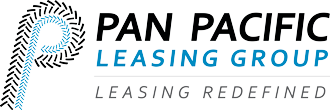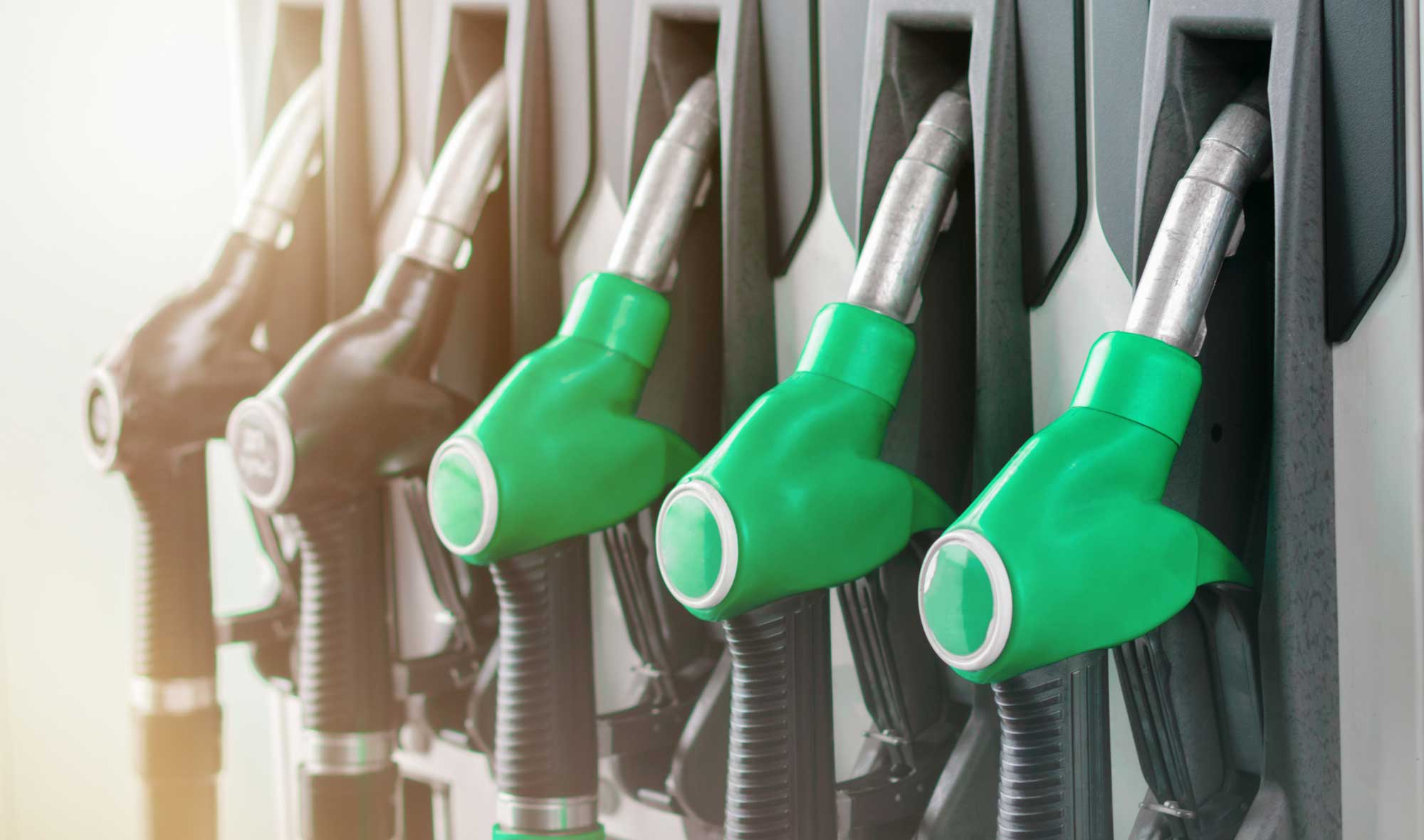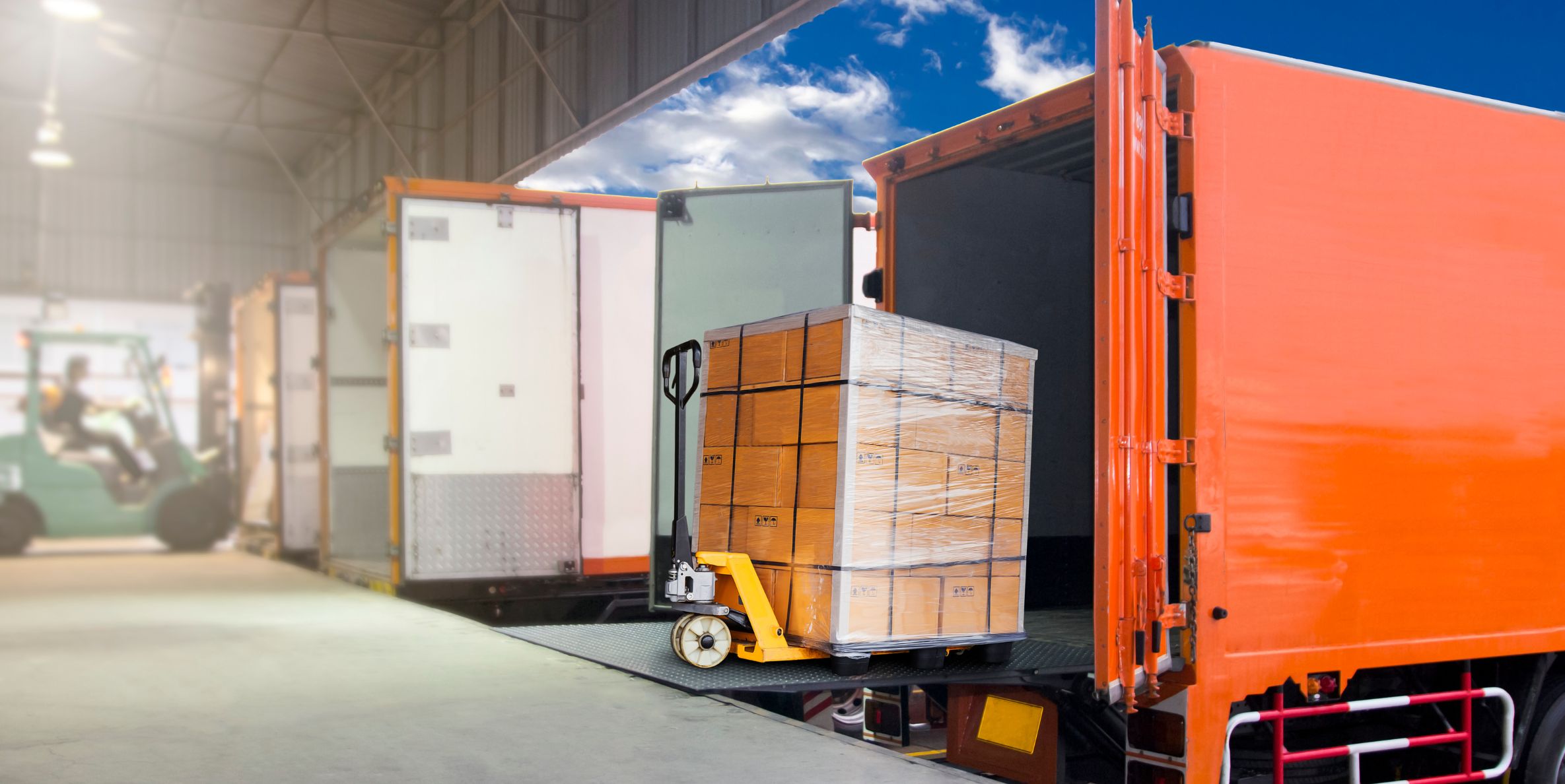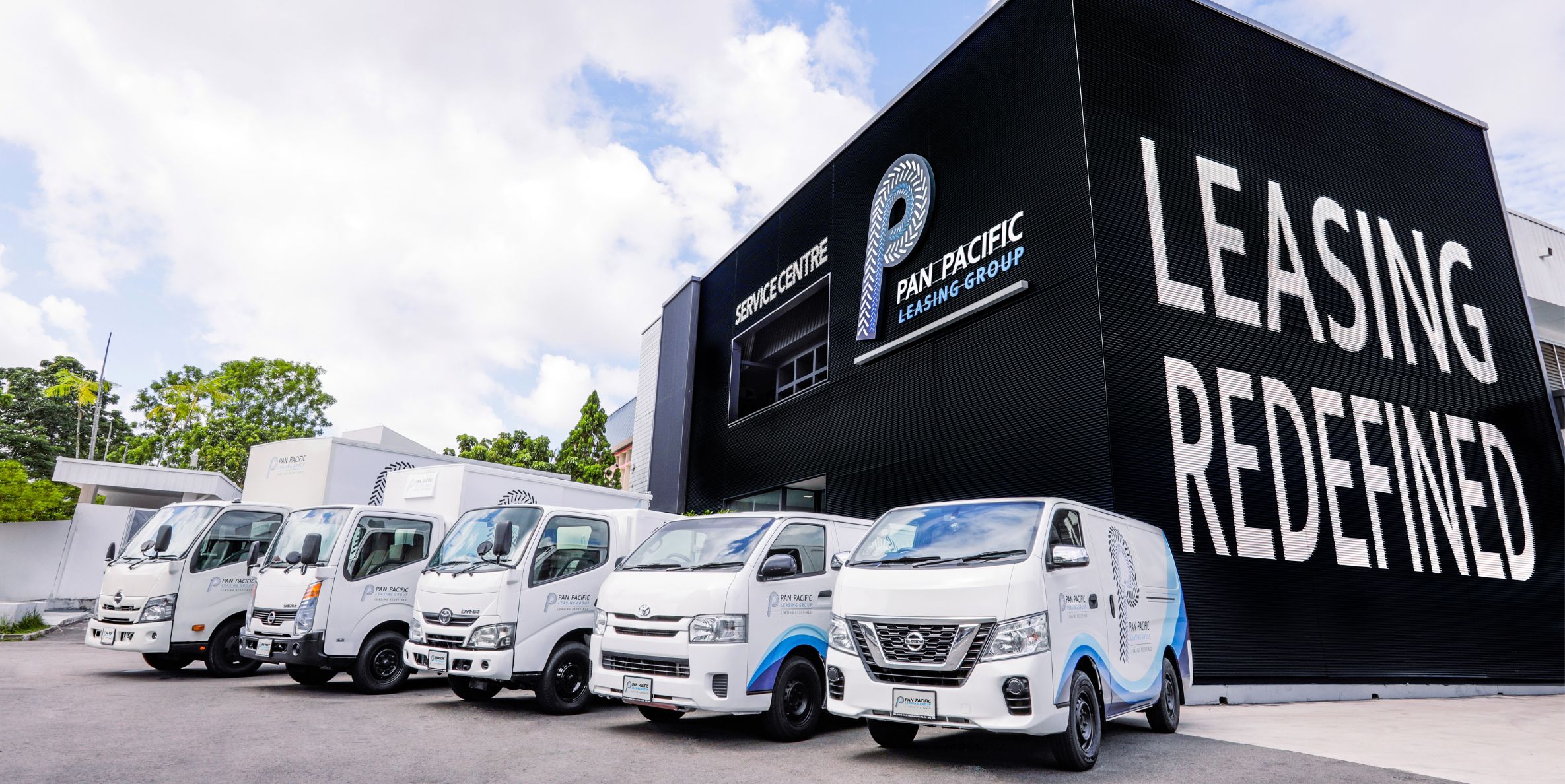With the recent move of the National Environment Agency (NEA) towards cleaner cars, operating diesel-engine light commercial vehicles in Singapore will no longer be cheaper than their petrol alternatives. Following the initiative to decrease air pollution, the new Commercial Vehicle Emissions Scheme (CVES) presumes surcharges for diesel models while providing rebates for petrol-powered cars.
According to the CVES scheme, buying the petrol version of a Light Goods Vehicle (LGV) with a gross laden weight up to 3,500 kg would cost a minimum of $20,000 less upfront. In addition, the buyers of diesel-engine commercial vehicles are eligible for additional benefits provided by the Early Turnover Scheme (ETS) intended to encourage the replacement of Euro 2/3/4 diesel engine LGVs with their petrol alternatives.
Choosing petrol engine vehicles can be cheaper than diesel alternatives
Although diesel-engine powered vehicles have long been considered a cheaper alternative to petrol ones, the new regulations in Singapore aimed at environmental protection bring this to an end.
Rebates and surcharges under the Commercial Vehicle Emission Scheme (CVES)
The new Commercial Vehicle Emission Scheme, which kicked in on April 01, 2021, provides a $10,000 rebate for buying a petrol-engine commercial vehicle and a $30,000 rebate for electric vans. The regulation applies to all new and used imported Light Goods Vehicles (LGV) in Singapore.
Meanwhile, diesel-engine LGVs are subject to a $10,000 surcharge, making them $20,000 more expensive upfront than petrol alternatives and $40,000 more expensive than electric versions, not including the difference in dealers' prices for diesel, petrol, and electric vehicles.
It should be noted that Heavy Goods Vehicle (HGV) with higher laden weight fall out of the new rule.
Early Turnover Scheme
The Early Turnover Scheme (ETS) for existing diesel commercial vehicles updates the previous ETS, implemented in 2015, which covered only Euro 2/3 diesel cars. The new initiative expands on Euro 4 diesel engines, which effectively doubles the number of eligible vehicles.
According to the new ETS, when the existing diesel-powered vehicles are replaced with petrol or electric motor alternatives, the LGV owners will receive a 20-45% COE bonus. The updated ETS came into effect simultaneously with the CVES scheme on April 2021 and has created an even stronger stimulus to switch to more ecologically friendly cars.
Maintenance and Repairs of Petrol Engine vs Diesel Engine Vehicles
The fact that is missed by many of those who try to compare the maintenance of petrol engine vs diesel engine vehicles is the higher cost of maintenance and spare parts for the latter. Meanwhile, it is not uncommon for non-experts to think that since diesel engines don't need spark ignition and are inherently more robust, they will cost less in maintenance and repairs.
In reality, the cost of maintaining a diesel engine is higher than that of petrol-powered cars. At the same time, if the diesel engine breaks, the cost of repairs is also higher due to the fact that the cost of spare parts such as starters, water pumps, alternators, etc. are higher.
Calculation of Fuel-Related Cost and Rebates/Surcharges for Petrol and Diesel Engines
To illustrate the above considerations, below is the calculation of fuel-related costs for petrol engine vs diesel engine light commercial vehicles as well as rebates and surcharges as offered by the CVES and ETS schemes. The fuel consumption figures are taken for Nissan NV350 with 2.0 petrol engine and the same vehicle equipped with 2.4L diesel engine, which are the closest match in Nissan model range.
The calculation is based on the mileage of 29,500 kilometers per year which is reported as an average annual mileage travelled by light goods vehicles in Singapore according to the government statistic portal.
| Consideration | Petrol | Diesel | Difference |
| Fuel consumption per 100km | 10.4 litres | 8.9 litres | +1.5 litres |
| Fuel consumption per year | 3,068 litres | 2,626 litres | +442 litres |
| Cost of fuel per litre (discounted) | $1.85 | $1.50 | +$0.35 |
| Cost of fuel during one year of operation | $5,676 | $3,939 | +$1,737 |
| Cost of fuel over 5 years of operation | $28,380 | $19,695 | +$8,685 |
| Rebate/surcharge under CVES scheme | -$10,000 | $10,000 | -$20,000 |
| Subtotal fuel costs over 5 years including rebate/surcharge | $18,300 | $29,695 | -$11,315 |
| ETS Incentive | 20-45% COE bonus |
*Disclaimer: The analysis is based on average figures and is provided as a general outline of related cost; it doesn't constitute a consultation or professional advice. Those interested in calculating the costs related to their vehicles are advised to do their own analysis based on actual figures and cars in their fleet.
Why switching from diesel engines is the right choice in the long run
Environmental concerns
While diesel engines are known for less CO2 compared to petrol alternatives, the former emit more NOx. When it reacts with the atmosphere, NOx creates soot responsible for increased risks of heart diseases, lung diseases and cancer.
Back In 2012, the research by the International Agency for Research on Cancer, which is a part of the WHO, has classified diesel engine exhaust as carcinogenic to humans. What is more, NOx is dangerous not only for humans but also for plants and animals, destroying the natural ecosystem.
Following this and other findings, most major countries have adopted various restrictions on diesel cars, ranging from banning older diesel engines in certain locations up to the total ban of sales of both petrol and diesel cars and vans in the UK from 2030. Singapore has followed the lead and introduced an ambitious plan that presumes to stop the registration of diesel-engine cars and taxis from 2025, leaving goods vehicles and buses so far unaffected except for the new CVES and ETS schemes.
What is the most effective solution for commercial vehicle operators in Singapore
With the broad picture in mind and following the global tendency to cut on diesel, operating a diesel-engine van or another light goods vehicle no longer looks like a sound alternative in Singapore. Moreover, several major car dealers, including Nissan, have already announced that they will offer only petrol engine commercial vehicles from April 2021.
Given the $10,000 surcharge on the diesel engine light commercial vehicles, combined with the $10,000 rebate for petrol-powered alternatives and additional COE bonus, the comparison of petrol engine vs diesel engine vehicle operation in Singapore falls in favour of the latter. Meanwhile, the higher cost of maintenance and repair of diesels adds to the equation even in the presence of the current price gap between diesel and petrol type of fuel which is volatile and can change anytime.




